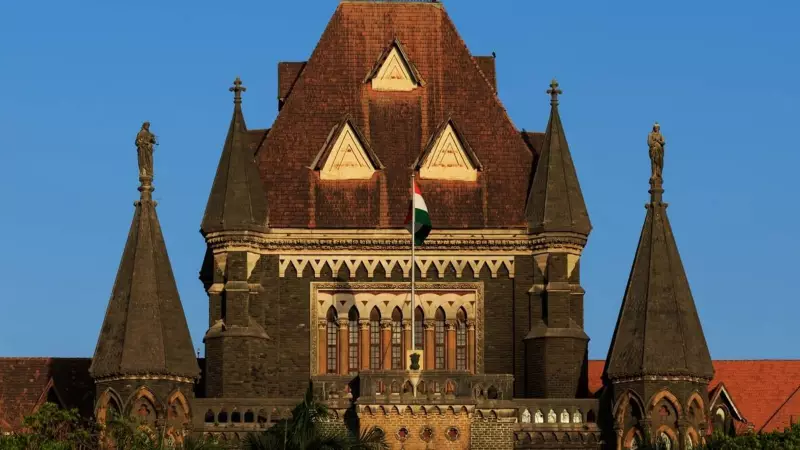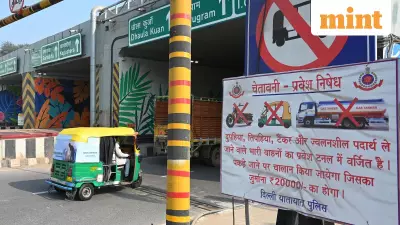
Bombay High Court Issues Restraining Order in Landmark Trademark Case
The Bombay High Court has delivered a significant ruling in a long-standing trademark dispute between two prominent media houses, restraining Express Publications (Madurai) Pvt. Ltd, publisher of "The New Indian Express", from using trademarks belonging to The Indian Express (P) Ltd beyond specifically designated territories.
Court Order and Territorial Restrictions
Justice Riyaz I Chagla passed the restraining order on Thursday, emphasizing that the defendant has "no proprietary rights" in the use of "New Indian Express - Madurai" or "New Indian Express" beyond the express terms of existing agreements. The order specifically limits the use of trademarks to five states: Karnataka, Kerala, Tamil Nadu, Andhra Pradesh, and Orissa, along with the Union Territories of Pondicherry, Enam, Andaman Nicobar Islands, and Lakshadweep islands.
This restriction applies to all uses of the plaintiff's trademarks for events, programs, and business activities outside the permitted regions as defined in the Memorandum of Settlement dated February 5, 1995. The court noted that this MoS was recorded as a decree by the Madras High Court on April 16, 1997, and was further supplemented by an agreement dated August 12, 2005.
Legal Reasoning and Court's Analysis
Justice Chagla's ruling came in response to an interim application within a commercial intellectual property rights suit filed by The Indian Express (P) Ltd. The court found that The Indian Express (P) Ltd had established a strong prima facie case for interim relief, with the balance of convenience favoring the plaintiff.
"The Plaintiff being the absolute owner of the trademark 'Indian Express' along with goodwill and reputation that the mark has generated since 1932 is entitled to restrain the Defendant from the use of 'New Indian Express' outside of the permitted territories," the order stated. The court emphasized that such usage would result in irreparable harm to the plaintiff and dilution of their established mark.
The legal representation included Senior Advocate Darius Khambata for The Indian Express (P) Ltd, who argued that the Memorandum of Settlement was carefully structured to ensure complete intellectual property rights of "Indian Express" vested with Indian Express Newspapers (Bombay) Ltd. The defendant, represented by Senior Advocate Zal Andhyarujina, opposed the interim application but was unsuccessful in their arguments.
Implications and Future Impact
This ruling reinforces the sanctity of longstanding settlement agreements in trademark disputes and sets an important precedent for media industry intellectual property rights. The court's decision underscores that any use beyond the express terms of the MoS and Supplemental MoS constitutes violation of the Consent Decree and is legally actionable.
The order specifically prevents Express Publications (Madurai) from infringing or misrepresenting the trademark of The Indian Express (P) Ltd or any derivative of "Indian Express" for business activities outside the designated states and union territories. This comprehensive protection extends to all promotional events and business ventures that might leverage the established reputation of the Indian Express brand.
The court's firm stance on trademark protection highlights the importance of respecting historical agreements and the potential consequences of overstepping territorial boundaries defined in legal settlements. This decision is expected to have lasting implications for similar trademark disputes within India's competitive media landscape.





